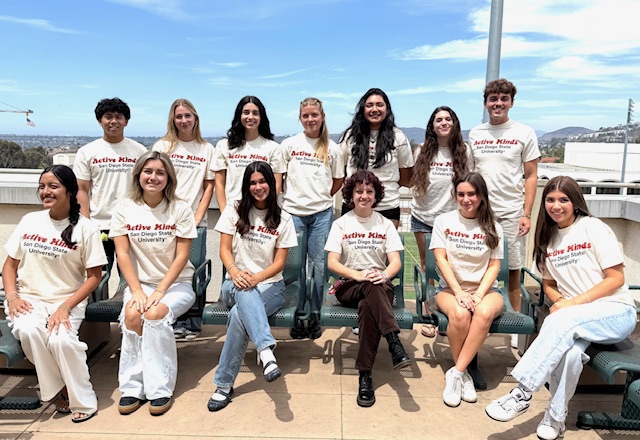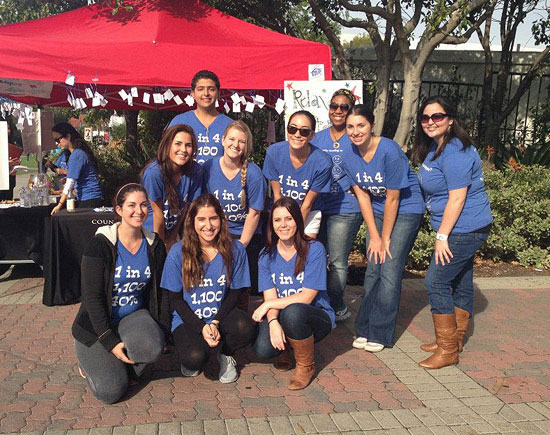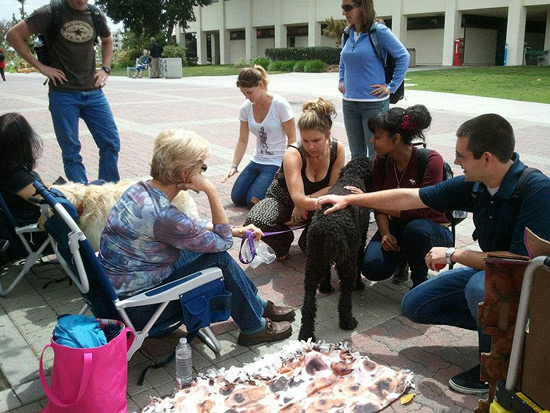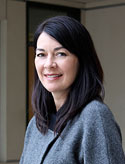PEER EDUCATION PROGRAM

Introduction to Peer Education
The Peer Education program offers students the opportunity to gain first-hand experience working in the mental health field with an emphasis on valuing and respecting diversity among individuals. The primary focus of their work is on outreach and educational activities that will provide programmatic support for our center and the campus community. Peer Educators work under the close guidance of current mental health professionals.
Peer Educators are also given training in general counseling skills and ethical issues that are used in their interactions with student groups. Their work will be supervised by our professional staff.
In addition to everything listed above, Peer Educators will also :
- Serve as a peer coach, (similar to TA), for one or more Bounce Back Classes
- Learn about emerging trends in the mental health field
- Connect with students and organizations on campus about increasing awareness about our services and mental health issues
- Work closely with C&PS staff and obtain advice about pursuing a career in mental health field
- Participate in Active Minds, a student organization with the goal to change the conversation about mental health
Students earn three units of Psychology 491 credit for each semester, with the class meeting 1:00-3:00pm on Tuesdays and Thursdays. Peer Educator orientation and training is typically held the week before fall semester classes begin (e.g., generally the third week in August).
Please note that peer educators will be in this role for the full academic year, including both the fall and spring semesters. Unfortunately, you are not eligible for this position if you cannot do both semesters.
Application Materials for the Peer Education Program
We are now accepting applications for the peer program for the 2026-2027 academic year.
There are three parts to applying:
- Complete the peer educator application.
- Email a resume/CV to [email protected]
- Email one letter of recommendation to [email protected]
The deadline to apply is 2/27/26.
We held an info session on 2/17/26 to share more about what the peer program looks like. Please click here for a link.
The final step in the application process is an interview and, after reviewing the applications, interviews will be offered to select candidates. Information about the interviews will be passed along after the application deadline.
If you have any questions about the program, please send a message to [email protected].

“Being a peer educator has been very rewarding… it has given me the chance to interact with students one on one, and in giving to them, I have been able to receive a great experience in return. In addition, it gave me the chance to meet wonderful professionals and learn from them.”
Although we greatly value a commitment to one’s own personal growth, it can sometimes be problematic for a student if they have been seen as a client prior to becoming a Peer Educator. Working in the same environment with a previous counselor may prove to be awkward, and this possibility should be thoroughly considered by the applicant.
As a Peer Educator, you would not be eligible to receive services at the center for the very same reasons. If these situations might apply to you as a former client or as someone who thinks they may need to utilize our services in the future, please seriously consider this information.
All majors are welcome and you do not need to have prior experience in the mental health field to be considered for a position. Free shirt included.
Questions? Please email us at: [email protected]
Training
“The peer program has been an inspiring experience. It's allowed me to work closely with a group of passionate students to promote mental health and wellness on campus.”
Many students look toward the Peer Education program for exposure to the profession of counseling. They are typically interested in discovering more about the skills needed to work in the mental health field. Furthermore, they have questions about the various paths one might take to become a professional counselor. Toward this end, Peer Educators receive training in basic counseling skills and exposure to the field through their integration into C&PS. They learn about such things as listening skills, facilitating groups discussions, and the principles underlying behavior change.
Although Peer Educators are not able to "see clients," they use their developing counseling skills in their outreach and prevention efforts and typically find that their skills improve throughout the year. The year spent as a Peer Educator often serves as a hands-on introduction to the helping professions and the skills needed for one’s future careers.
“The peer program has been a phenomenal experience that has provided me with self growth, further development of compassion, a further understanding of the counseling professions, and the knowledge I need to prepare for grad school.”
FAQs
The peers participate in outreach events and Bounce Back, provide presentations to the campus, and have assignments.
- For outreach events, the peers participate in tabling events on campus and this may extend beyond typical class time. However, the peers are not expected to miss other classes in order to participate in an outreach event.
- For Bounce Back, the peers will have one class in the fall and one or two in the spring. The class itself meets for one hour and peers will likely meet with their instructor for 30 minutes or so before each class to plan and set up. The peers may also assist in reviewing assignments and communicating with students between classes as well.
- C&PS is often approached to provide presentations across campus. Peers educators are given the option to assist in these presentations, either by accompanying a therapist providing the presentation or providing the presentation themself.
- There are different assignments given throughout the year, all with the goal to assist in learning more about the mental health field and therapy techniques. Examples include doing a career interview with someone currently working in an area of interest for the peer and doing a mock brief check in with someone where they utilize specific techniques discussed in class.

